Tag Archive for: ethics
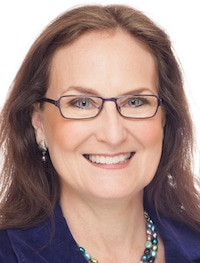
Featured Ethics [and Governance] Scholar for February: Andrea Bonime-Blanc
Blog Interview with Andrea Bonime-Blanc, Author and CEO of GEC Risk Advisory
Interview with Andrea Bonime-Blanc, Author and CEO of GEC Risk Advisory
What are your main areas of research/work?
Even though I teach at a couple of universities (including NYU and ESADE) and hold a PhD (in political science), I am not a scholar in the traditional sense of the word. I have always worked as a lawyer or corporate executive for global companies and four years ago started my own strategic advisory firm (GEC Risk Advisory). That said, my current advisory practice falls under the general rubric of “Strategic ESG (environmental, social and governance) Risk and Value Creation”. Subtopics include:
- Governance (including cyber-risk governance)
- Ethics and culture
- Strategic risk
- Reputation risk
- Crisis preparedness
- Transforming risk into value
Sometimes clients ask me to do practical research – one of my favorite recent client engagements was preparing a white paper for the board of directors of a leading African bank on future trends in global corporate responsibility. I also use my own research on cutting edge topics like reputation risk and cyber-risk governance to push the limits of where we currently are on finding solutions to current serious challenges in the marketplace, focused almost exclusively on what the board and the c-suite need to know.

Ethical Decision Making: Easy in Training, Harder in Reality
Blog Over the course of a workday, people make innumerable decisions ranging in degrees of severity, from critical to mundane. Often times, choices are made in a vacuum and are considered for only as long as it takes until the next intellectual dilemma or distraction demands our attention. A recent piece by Eugene Soltes in Harvard Business Review explores the difficulty around ethical decision-making, while also exploring the gap between attempts to train or educate people on organizational ethics and the real-world pressures people face when face with an ethical dilemma (or even recognizing that they may be in an ethical quandary).
Over the course of a workday, people make innumerable decisions ranging in degrees of severity, from critical to mundane. Often times, choices are made in a vacuum and are considered for only as long as it takes until the next intellectual dilemma or distraction demands our attention. A recent piece by Eugene Soltes in Harvard Business Review explores the difficulty around ethical decision-making, while also exploring the gap between attempts to train or educate people on organizational ethics and the real-world pressures people face when face with an ethical dilemma (or even recognizing that they may be in an ethical quandary).
Soltes, an Associate Professor of Business Administration at Harvard Business School, points to a variety of executive misdoings by ostensibly smart and talented— not to mention prominent— leaders that illustrate that even those under scrutiny and fully aware of their responsibility for shareholder funds can act in self-serving ways that, in retrospect, they realize are obviously unethical. And, as Soltes writes, in hindsight the fact that these were adverse decisions are not lost on these individuals, but in the moment they failed to consider the impact or consequences.
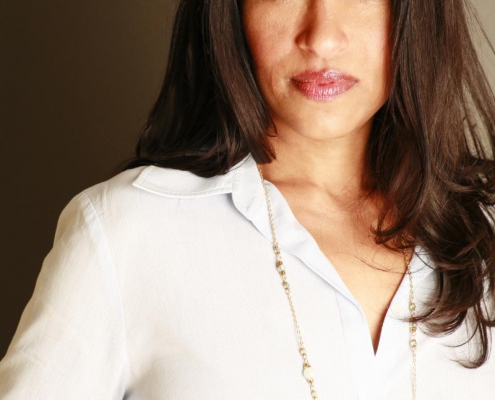
Interview with Rashmi Airan: Law, Blindspots, Prison and Redemption
Blog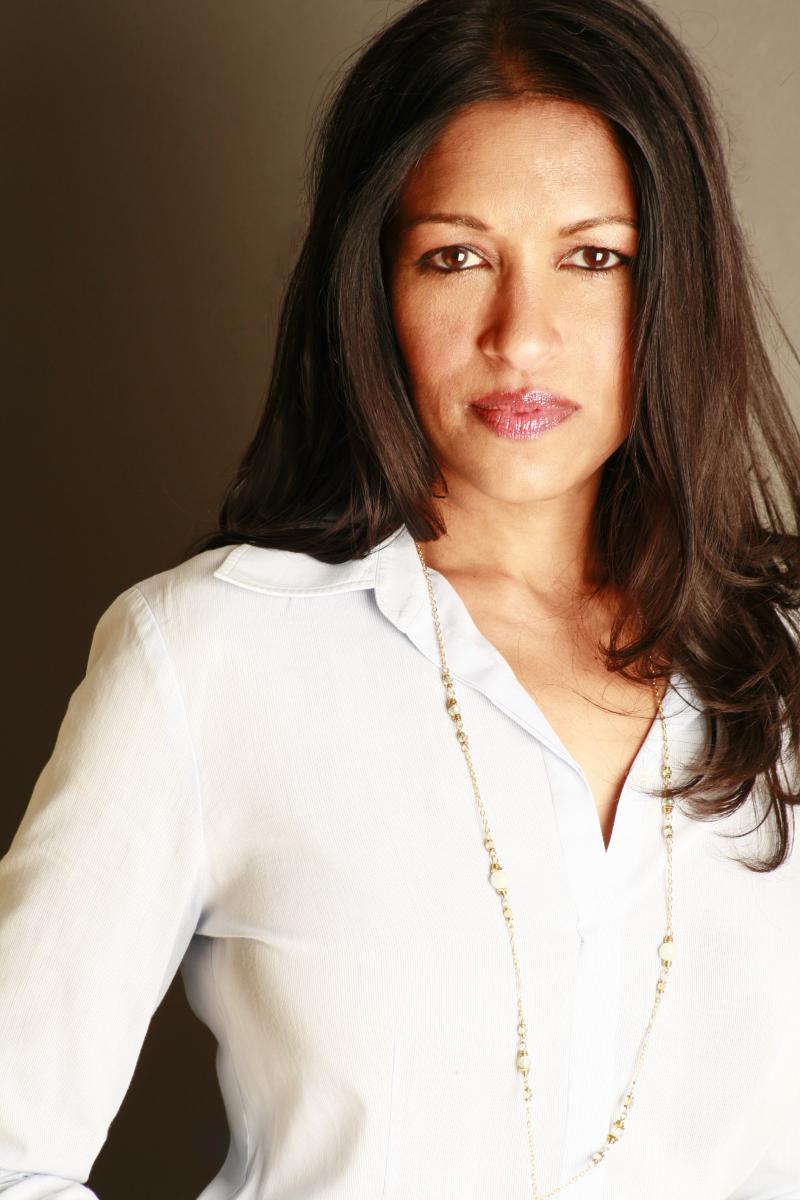 An interview with Rashmi Airan, speaker on ethics, law and culture; leadership and compliance consultant; and growth strategist
An interview with Rashmi Airan, speaker on ethics, law and culture; leadership and compliance consultant; and growth strategist
Background:
Rashmi was a successful lawyer who graduated with honors from Columbia Law School. After working for several major corporations, she launched an independent law practice in Miami, Florida. During the housing boom, she was recruited to work with a local real-estate developer who later engaged in shady business practices. Her involvement resulted in a one year sentence in Federal prison, alongside a $19M judgment against future earnings, required community service hours and 3 years supervised release. As a mother of two and devoted community activist, Rashmi has reconfigured her subsequent career to focus on growth strategies and leadership/compliance training for firms, corporations, and graduate schools. She has also become widely known as a public speaker, sharing her story to help illustrate the ethical perils and situations that can result from a drive to succeed and the blindspots created when pursuing a goal.
This interview has been edited and condensed from a conversation on January 19, 2017.
1) What are the main takeaways from your story that you want others to know?
I believe there are many reasons why I am telling my story. I want to help people so that they do not find themselves in the same predicament that I was in and make different choices when faced with daily “gray” decisions. I finally came to a place of peace that I had done something wrong when I gave myself the freedom to forgive. After I forgave myself, my lessons became clearer. I reflected on different business relationships and the fact that I had not looked into things deeply enough. I know there are lessons for both young and seasoned professionals. I believe I can enlighten people to the fact that there is a fine line and we must all walk between the two sides of right and wrong and choose to be on the right side of the line.

Behavioral Ethics: From nudges to norms
Blog Scott Killingsworth, Senior Counsel with Bryan Cave, LLP, writes a broadly applicable and thought-provoking piece on nudges vs. culture. Killingsworth illustrates how a strong ethical culture can take the place of consistent, ongoing nudges and shows that culture should be considered through the lens of not just preventing ethical mishaps, but also about creating a positive environment “where the good apples can thrive”.
Scott Killingsworth, Senior Counsel with Bryan Cave, LLP, writes a broadly applicable and thought-provoking piece on nudges vs. culture. Killingsworth illustrates how a strong ethical culture can take the place of consistent, ongoing nudges and shows that culture should be considered through the lens of not just preventing ethical mishaps, but also about creating a positive environment “where the good apples can thrive”.
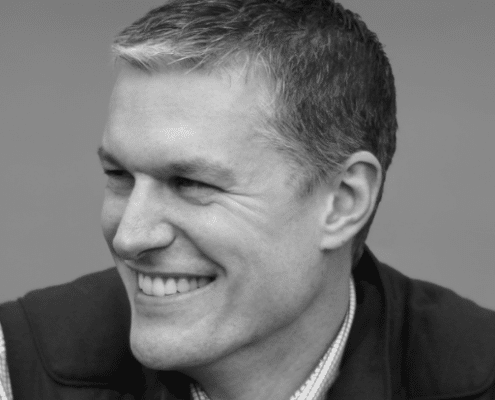
Featured Ethics Scholar for December: Dennis Gentilin
BlogInterview with Dennis Gentilin, Whistleblower, Author and Consultant on Corporate Citizenship
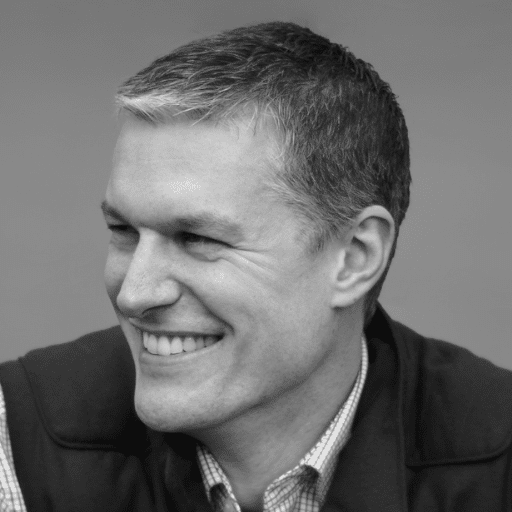 What are your main areas of research/work?
What are your main areas of research/work?
Let me begin by stating that I don’t see myself as a scholar (at least not formally). However I do see enormous value in using the findings and tools from the social and behavioral sciences to help address the ethical challenges facing the business world. This is one of the many reasons I am a big advocate of Ethical Systems.
As one would expect given my experience and background (outlined below), my primary area of interest is employee voice and speak up cultures. What my experience showed me is that even the best “formal systems” (rules, regulations, compliance and other such artifacts) have shortcomings. The best (and arguably the only) way to overcome these is to nurture the “human systems” within organizations. A speak up culture is a core component of this latter system.
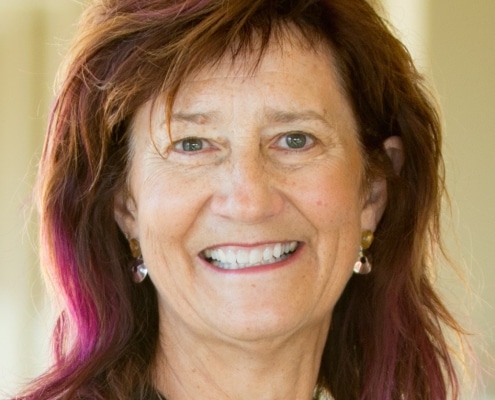
Featured Ethics Scholar for November: Beverly Kracher, PhD
BlogInterview with Beverly Kracher, Robert B. Daugherty Chair and Professor in Business Ethics & Society and CEO / Executive Director of the Business Ethics Alliance in Omaha, NE
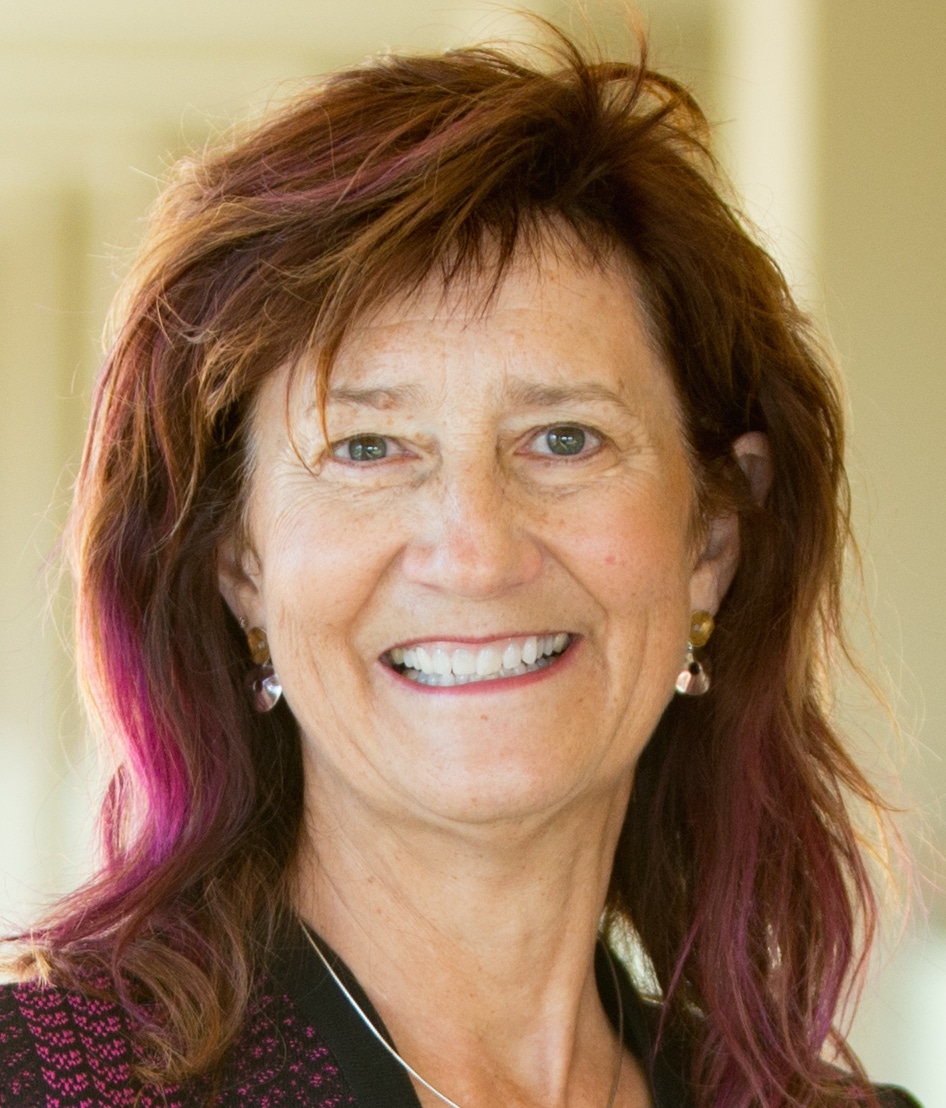
What are your main areas of research/work at Creighton University?
First, let me tell you what I’d like to do. Before I retire or die, I’d like to collaborate with musicians to create a set of positive business ethics jingles that stick in our brains as much as the Oscar Mayer Baloney song (of course, since Oscar Mayer doesn’t resonate with everyone, we’d need to identify the jingles for each part of the world).
However, I haven’t found the musicians who want to work on this project yet. So, recently I have spent my time on city-level business ethics as Executive Director/CEO of the Business Ethics Alliance.
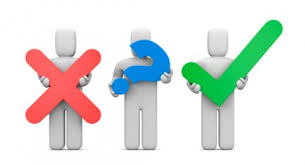
Corporate Scandal, Reputation Risks and Common Sense
Blog When corporate scandal occurs- whether it makes headlines or not- there is a tendency to blame bad apples instead of examining the organizational culture to identify areas in need of further improvement or oversight.
When corporate scandal occurs- whether it makes headlines or not- there is a tendency to blame bad apples instead of examining the organizational culture to identify areas in need of further improvement or oversight.
In a recent piece in The Wall Street Journal, Lou Gerstner, a former chairman and CEO of IBM and RJR Nabisco, now chairman of the board of directors at the Broad Institute of MIT and Harvard, outlines why there is continued misunderstanding around culture and the various ways companies undercut their own efforts to strengthen it.
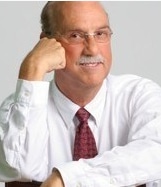
Featured Ethics Scholar for October: Charles H.Green
Blog Interview with Charles H. Green, founder and CEO of Trusted Advisor Associates
Interview with Charles H. Green, founder and CEO of Trusted Advisor Associates
What are your main areas of research?
I’m not an academic, so I’ll have to define “research” a little loosely. But for the last 20 years, what I’ve focused on is the role played by trust in business relationships, particularly complex B2B relationships – and particularly in sales and in advisory relationships.
In practice, that has meant pointing out a distinction rarely used in business, even though it’s fairly obvious: the relationship between the trustor and the trustee. You can’t talk about trust in practical terms without distinguishing between those two very distinct roles (though most general discussions about ’trust’ do just that). The trustor initiates the relationship by taking a risk; the trustee responds, or not. And then the roles shift for the next go-round. Trust is iterative, dynamic, and creates itself around risk.
I have also focused on the role of personal relationships rather than institutional relationships, because trust is like politics – as Tip O’Neill said years ago, it’s all local. Or personal, in the case of trust. Institutional trust, like branding, is a far weaker force. The role of institutions in trust is largely to foster or hinder personal trust.
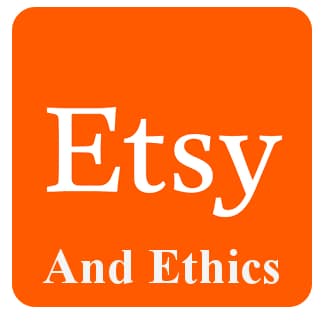
ETSY: A Positive Culture of Negative Confessions
Blog What happens when people make a mistake at work? That depends on the culture of the organization- covering it up or passing the buck are options when competition drives behavior or if there is a low trust environment. But at Etsy, employees are not only asked to own up to their errors but reveal them to the entire company.
What happens when people make a mistake at work? That depends on the culture of the organization- covering it up or passing the buck are options when competition drives behavior or if there is a low trust environment. But at Etsy, employees are not only asked to own up to their errors but reveal them to the entire company.
In a recent piece on Quartz, Etsy CEO Chad Dickerson revealed that people at the company are encouraged to document their mistakes, how they happened and what they learned from it, in public emails. The company “also gives out an annual award—a real three-armed sweater— to whomever who made the most surprising error, not the worst one, as a reminder to examine the gap between how things are expected to happen and how they actually do.”
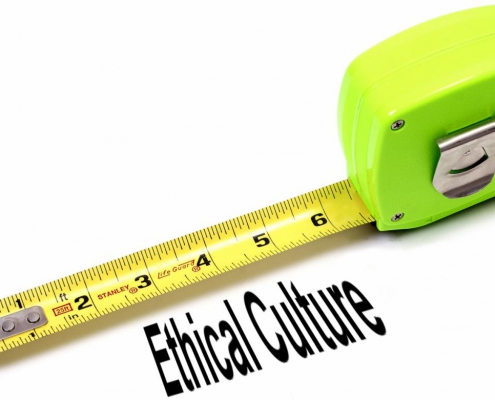
Measuring Ethical Culture: Tips and Tools
Blog As any Compliance Officer knows well, demonstrating that your company has an effective compliance program is one of the main goals of your day-to-day efforts, but also one of the most elusive. The Federal Sentencing Guidelines are designed to incentivize businesses to implement ethics and compliance programs by rewarding companies through reduced sanctions- if they can demonstrate that they have an effective compliance program. The broad goal for most companies is to demonstrate, in the face of an investigation or finding of illegal actions, that the act was caused by a rogue employee and not because of how the company inherently conducts its business.
As any Compliance Officer knows well, demonstrating that your company has an effective compliance program is one of the main goals of your day-to-day efforts, but also one of the most elusive. The Federal Sentencing Guidelines are designed to incentivize businesses to implement ethics and compliance programs by rewarding companies through reduced sanctions- if they can demonstrate that they have an effective compliance program. The broad goal for most companies is to demonstrate, in the face of an investigation or finding of illegal actions, that the act was caused by a rogue employee and not because of how the company inherently conducts its business.
Yet, we all know that in practice demonstrating effectiveness of a compliance program is rife with gray areas, cynicism and challenges.
